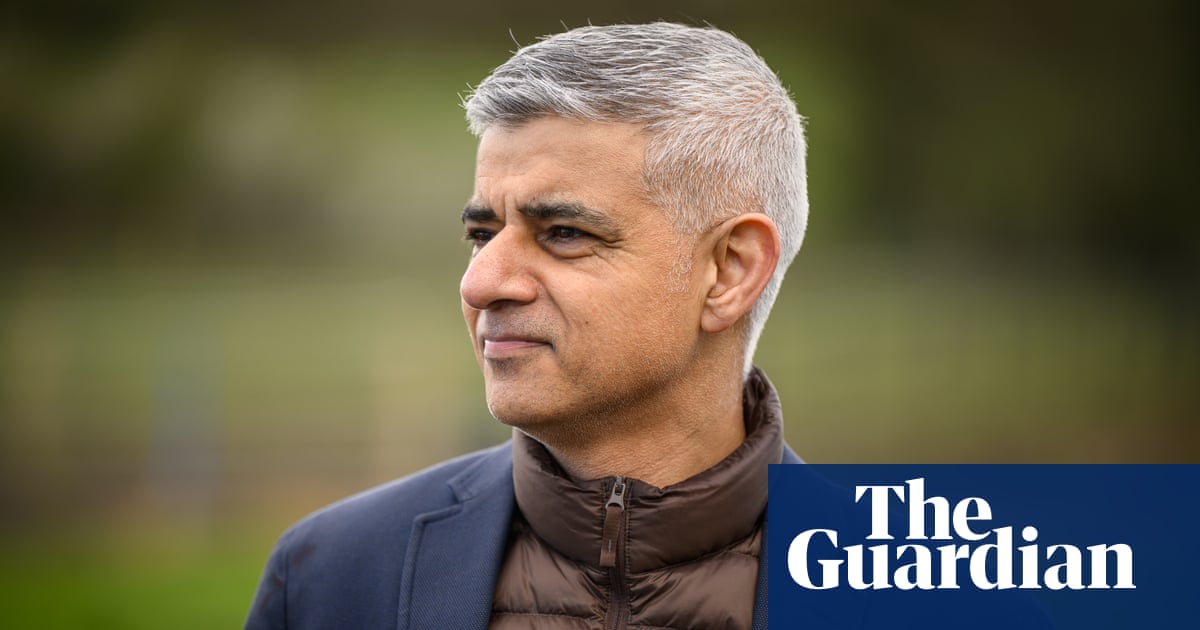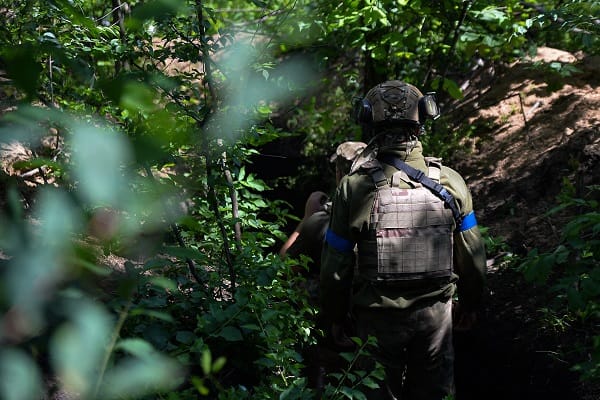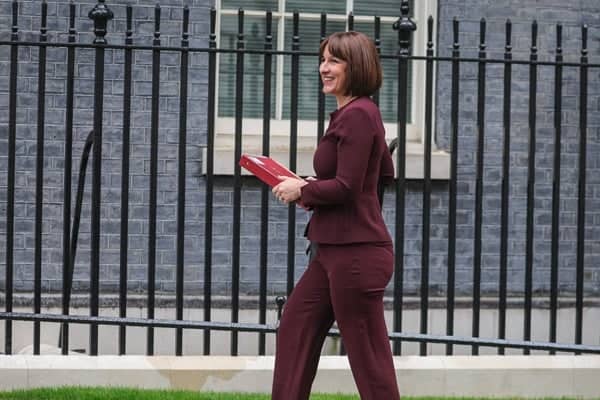Jobs
Sadiq Khan’s green credentials may be critical in London mayoral election

When Sadiq Khan launched his campaign for a third term as Labour mayor of London, he put his green policies front and centre, highlighting his work on air pollution, the climate crisis and nature.
For seasoned Khan watchers, this came as little surprise. The mayor, who last year published a book called Breathe: Seven Ways to Win a Greener World, has been widely praised for his work tackling air pollution, as well as his efforts on nature restoration and getting London to net zero by 2030.
But after eight years in City Hall, what exactly has been achieved – and what can voters expect if he wins a third term when Londoners go to the polls next week?
According to Paul Morozzo from Greenpeace, which has analysed the policies of Khan and his Tory rival, Susan Hall, the two candidates’ climate policies are like “chalk and cheese”.
“While there’s still lots of room for improvement from the mayor of London, climate and nature are clearly top priorities for Sadiq Khan,” Morozzo said. “[His] history speaks for itself.”
Greenpeace’s analysis of the two candidates’ environment policies gives Khan 23.5 points out of a possible 45, compared with 7.5 for Hall.
And Khan’s environmental credentials may be critical in next week’s contest. In 2021, almost all of the Green party candidate Siân Berry’s roughly 200,000 first-preference votes went to Khan in the second round, taking his eventual lead over the Conservatives’ Shaun Bailey from about 5% to 10%.
This year, the election is being run on a different system: first past the post. So Khan’s ability to persuade Green-minded voters not to split the progressive vote but back him from the outset could be decisive.
Shaun Spiers, from the Green Alliance group, believes voters concerned about the environment could do a lot worse than stick with Khan.
“Broadly speaking his record has been very impressive,” said Spiers. “He’s put the environment centre-stage and, critically, linked the climate and nature emergencies in a way that’s unusual in politicians, particularly local politicians.”
According to experts who spoke to the Guardian, Khan’s main green achievements include:
-
The introduction and expansion of the ultra-low emission zone, which excludes the most polluting vehicles from the capital and has contributed to roadside N02 emissions dropping by 50%.
-
A rewilding programme that has reintroduced a range of species, including beavers, expanded green spaces, and included a mass tree-planting programme.
However, all those who spoke to the Guardian also criticised Khan for pushing ahead with the Silvertown tunnel, a new four-lane road under the River Thames in east London. Doctors, environmental groups, climate scientists and many local residents have opposed the scheme, which they say will increase air pollution and worsen public health in some of the poorest parts of the city – a claim Khan disputes.
after newsletter promotion
Jon Burke, a former Labour councillor in Hackney who oversaw a far-reaching environment programme in the borough, said Silvertown was an example of the mayor failing to make the deep structural changes that were required to meet the challenges of the escalating climate emergency.
“When compared to the other politicians in the UK, Sadiq’s delivery of cycling infrastructure and expansion of the ultra-low emission zone makes him looks like a climate leader, but that does not mean he is doing enough,” he said.
More needed to be done to reduce traffic, retrofit homes and reduce emissions, Burke added. “And by ploughing on with Silvertown he has embedded significant transport emissions and pollution for generations to come at a time when we should be moving heaven and earth to drastically reduce them.”
Dr Maya Singer Hobbs, from the IPPR thinktank, said she did not understand the rationale behind Silvertown but, that project aside, Khan had shown courage on a range of environmental matters, particularly when he held his nerve in the face of fierce pushback to the expansion of the Ulez last year.
“The key thing is that he has shown real leadership on both climate and environment and air quality at a time when I don’t really think we’ve seen that from many other political leaders. I think that we will probably look back and see him as someone who was really leading the way on air quality,” she said.
Singer Hobbs said Khan’s work had given many councils the cover to push ahead with their own schemes to improve air quality and public health, from low traffic neighbourhoods to school streets.
And while there was more work to do on everything from hitting the net zero target to introducing home insulation and heat pumps, Singer Hobbs said that if Khan did win and that was followed by a Labour victory nationally, it could unlock many more crucial environmental measures.
“It would be very interesting to see just how bold he would be if that happened,” she said.










